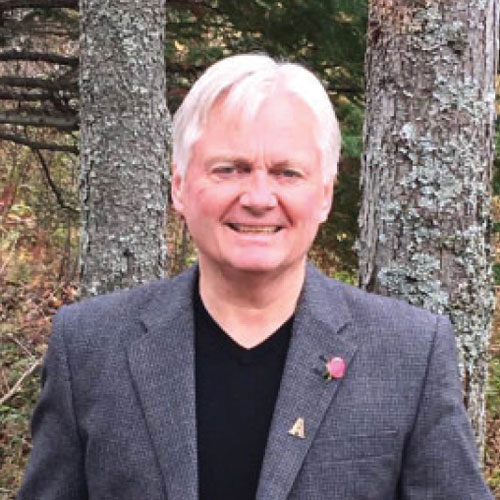Mental Health for the dying and the healthy
Walking into the hall early for the funeral, I found a seat at the back of the room, and read through the order of service given to me at the door. As I read, I found I had great interest in what was written on the back of the bulletin about the deceased. It gave me a sense of what they were about, who they were, and their involvement in the greater community and world during their life. Although I did not know the person, who was the father of a friend and colleague of mine, I felt it important to attend and to show support. In many ways the service was a typical celebration of life, with; beautiful music, encouraging readings, a helpful homily, comforting prayers, and a heartfelt eulogy. I listened especially and intently to the eulogy, which was delivered by a friend of the deceased. Following the eulogy, I said to my self, “I wish I had known that person!” The eulogy painted a picture of an individual who was exceptional in every way, someone worth knowing in life. His education, accomplishments, community endeavours, wonderful character, narrated his active exceptional life.
I have had the opportunity to attend and conduct many funerals, previously as a minister and then as a congregant. In some of those services, I have heard eulogies that sounded nothing like the person I knew. It was almost like a creative reconstruction of someone’s life. Those eulogies left me feeling embarrassed for the one who had died, and for the family left behind. At other services I have attended, the eulogy often served to clearly and honestly capture the individual in a beautiful way.
The eulogy is meant to carefully tell those in attendance who the individual was in life. It is meant to comfort the family, and is hopefully a truthful account that usually speaks about the person’s close, relationships, career, hobbies, interests, accomplishments. Of course, we do not mention shortcomings of someone’s life in a eulogy, and we all have these. However, many celebrities who die today are often known for that one lapse of judgment, even though their accomplishments in life outweigh everything else. It is that asterisk that shadows them.
Today we are hearing of a new phenomenon. Its called “a living funeral.” In this celebration, a service is held to honor someone before they pass away, when it is fully known that death is imminent, and planned with them in attendance. It may sound a bit creepy to some, but this may be a wonderful idea. That way, those near death, can enjoy the experience of their favorite scriptures, songs, hear a helpful homily, and a eulogy given about their life, while they are still alive. Thus, they can say goodbye to beloved friends, colleagues, neighbours and of course family. This truly could be the best celebration of someone’s life while they still live. And, yes, why not give them a speaking part in the whole process?
My concern is not the funeral, but for the consideration of a living eulogy as a mental health device for the living. My dear father in law Dr Charles Foster once said, “The best eulogy is the one given when the person is still alive.” By that, he meant saying what you should say to someone while alive. The living eulogy would be natural words of encouragement, affection, and kindness to anyone in our orbit of life. In other words, saying what you would say at someone’s celebration of life. Why wait until the individuals are gone to hear about how their life has impacted others? Instead let them hear it now!
The living eulogy is meant to be an authentic synopsis of the one who still lives. It is revealed intimately and personally. Imagine for a moment the power in such messages. Imagine the emotional wellness it would create. imagine the emotional depth of such a gift. No one should go to their death without having heard what would have been said when they are gone. Messages of a eulogy do not have to be formulaic, but can come from a deep place of truth, kindness, and encouragement.
You can begin this process with someone now.
Bryan Hagerman
St Paul’s Outreach Counsellor
Halifax



